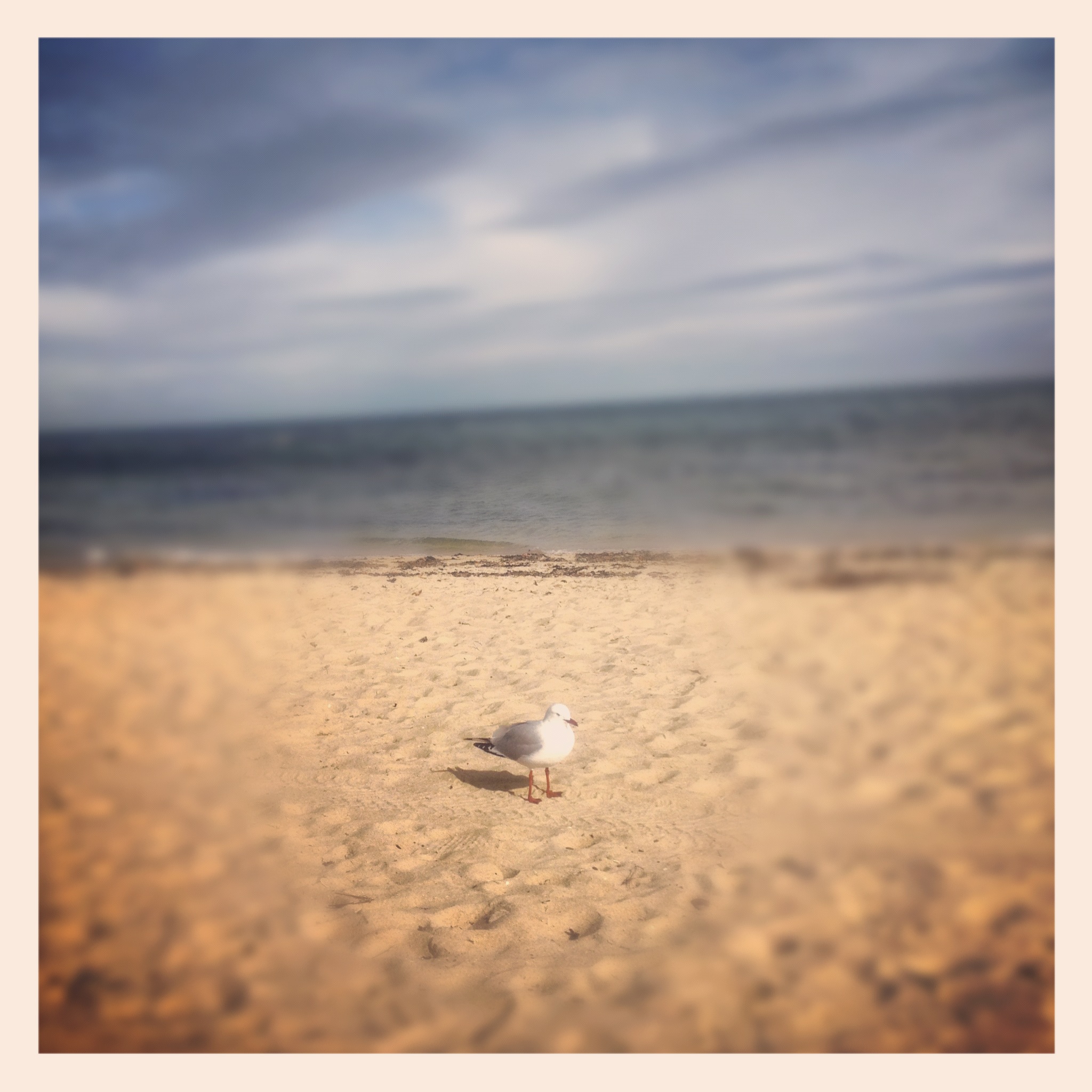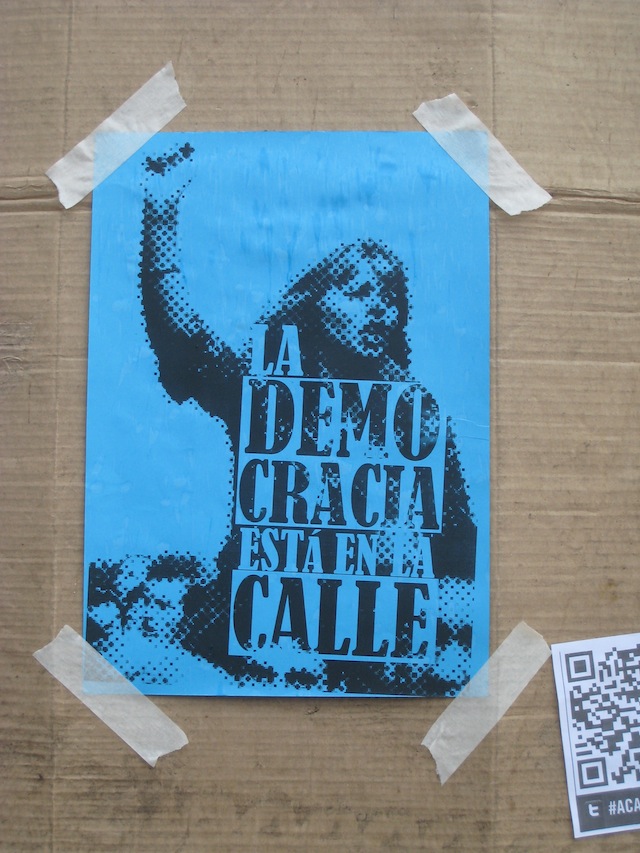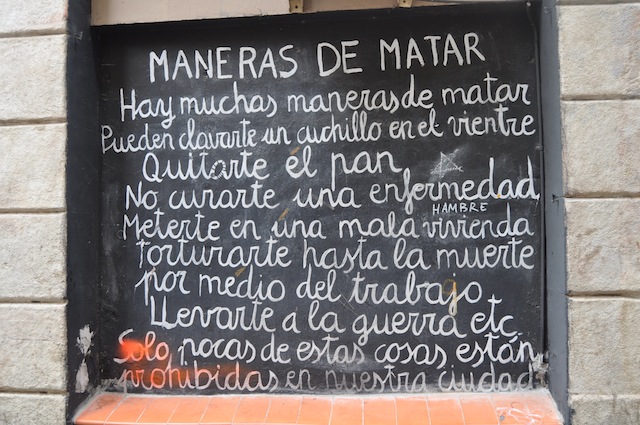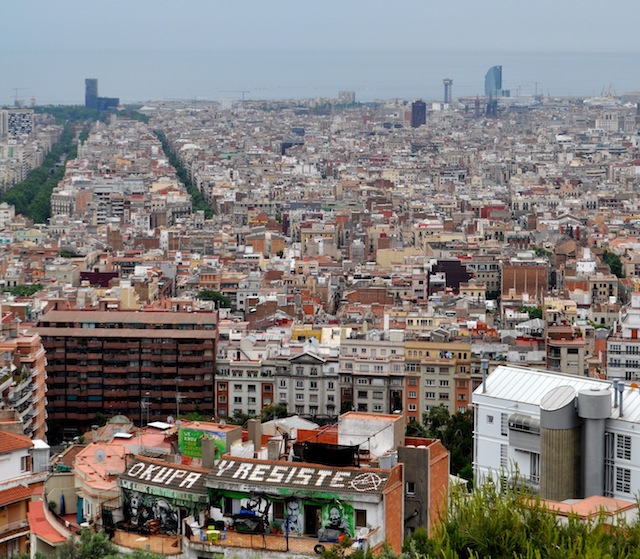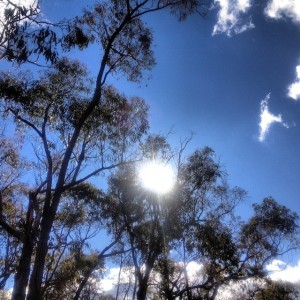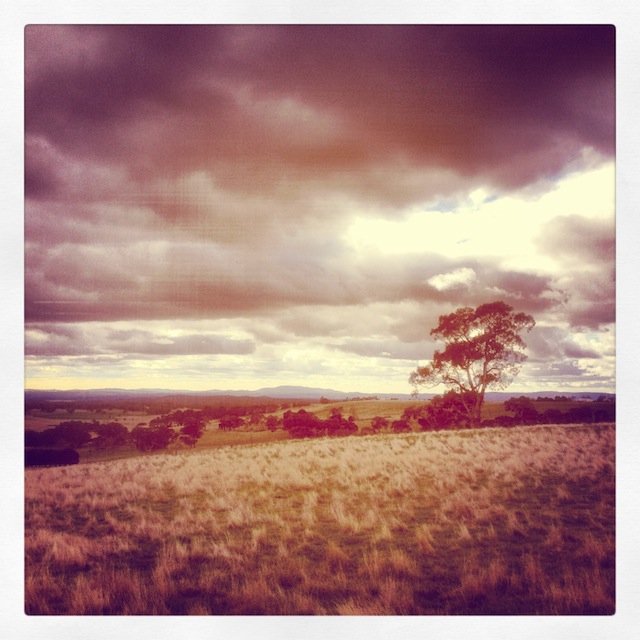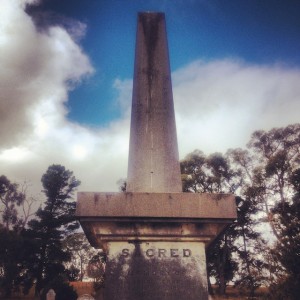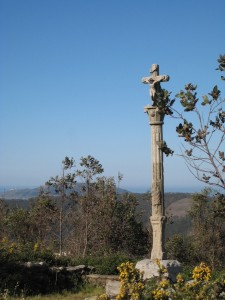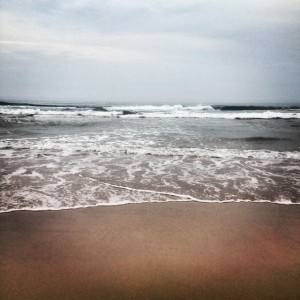 Last week, I was invited to write something to read at the first story-telling night at the Grumpy Swimmer bookshop in Elwood. The theme was “water” – not an element in which I’ve ever felt easy, much as I love it.
Last week, I was invited to write something to read at the first story-telling night at the Grumpy Swimmer bookshop in Elwood. The theme was “water” – not an element in which I’ve ever felt easy, much as I love it.
At the same time, I was grappling with my piece for Women of Letters. I hadn’t finalised it, and was torn between three wildly different versions. I think the piece for Grumpy might have affected the outcome of my letter. It’s as though I dipped my toes into the water and was able to look back to shore and see where I had come from – and that is what I wrote about.
So, as a way of honouring the process, and as an offering to you, my subscriber-village, I thought I’d post the Grumpy piece here. It’s short – it had to come in under five minutes – but I’m so grateful to it. It is a step on the way to my next major project, I think. And it gave me the first words for my Women of Letters piece, too!
I was born at the end of the world, on the edge of a great ocean. Before my eyes could focus, I was taken to a place in the desert, where, like a cactus, I grew plump, drawing life from the red dust that was my whole world.
One day, they took me back to see that ocean I had not been shown. They told me I could swim in it, walk beside it, make a castle near it. They gave me a bucket and a spade, and I held them close in the hot car for hours while we drove to that great ocean.
They forgot one thing. They didn’t tell me about the noise.
“Look,” they said. “Look at the pretty blue.”
The pretty blue roared and crashed, it thumped and smashed. It frothed and bubbled and hissed, and no amount of cajoling was going to get me to step into its soupy swirls.
I ran from it, craving my desert silence.
When I had grown I went back to the great ocean. It was still loud.
Currents of warmth rose out of frigid depths. Sand slid from under my toes. Seaweed tangled around my thighs, trying to hold me. Water was sirens, sharks and lures. Water was not my element.
Too loud. Too belligerent. Too slippery and unpredictable.
I left the great ocean and returned to the reliable earth, to find my feet and my way. I walked. I walked myself away from my home and into the wide world.
Along the ways, I was always drawn to ocean-people. I loved their roaring laughter, their flicks and head-tosses, their flamboyance. But I couldn’t stay with them. Always I returned to the silence of the earth; to its unassuming wisdom and its wry smile.
One day in the midst of all the ocean-people, I met an earthed man, who brought me to live in his home near a stretch of water that is confident enough about itself not to need to roar. I came home to a sure shore.
On the edge of Port Phillip Bay, there is a trail, where I’ve walked for over two decades now. It is my camino. That word means road, or way, in the Spanish language. It makes a known path feel more seductive to me when I call it a camino. Sometimes, you need to find ways of making the familiar exotic when you walk a road every day.
My camino runs from the end of the Elwood canal, past Point Ormond, and along the beach to Brighton. Sometimes I turn right and head for St Kilda, but it’s busy along there. Too many ocean-people.
On my camino, the rhythm of my feet kicks in, and before I know it I have drifted to other roads…to the desert, to Italy, central Australia, and Tasmania; to the Great Dividing Trail. I can be in Spain, out on the dry meseta tableland.
But then I turn my head, and there beside me on my camino is the bullet-grey of Port Phillip Bay’s water.
Come back. It says. Be here. Be where you are.
Because now, after all these years of tracing that camino bay-trail, it is water that grounds me. Calmer, stiller water. The glint of afternoon sun on that wine-dark bay tells me I’m where I belong. The first pale light of day, sparkling on the lapping edge at my toes, whispers that I’m where I’m meant to be. It is water, that body of water with its softness and its steely grey, that holds me on course and stays the distance. It is that water that calls me home.

My gratitude to all of you who are subscribers, and in particular to those who have left such rich and thoughtful comments in response to the offerings here. I recently re-read my first ever post, and I remember the skepticism I felt about things digital and social media. I realise I now have new communities. I love sharing snippets and pictures and fast updates on Facebook, and enjoy the thumbs-up LIKEs when they hit a nerve, or give a smile. I have learned that Twitter can take me down tunnels about writers and news outlets I’d never imagined. Here, on the blog, I feel I have conversations with guests at an on-goinng dinner party.
So thank you all, wherever you intersect with me. I will keep trying to offer tasty morsels!


